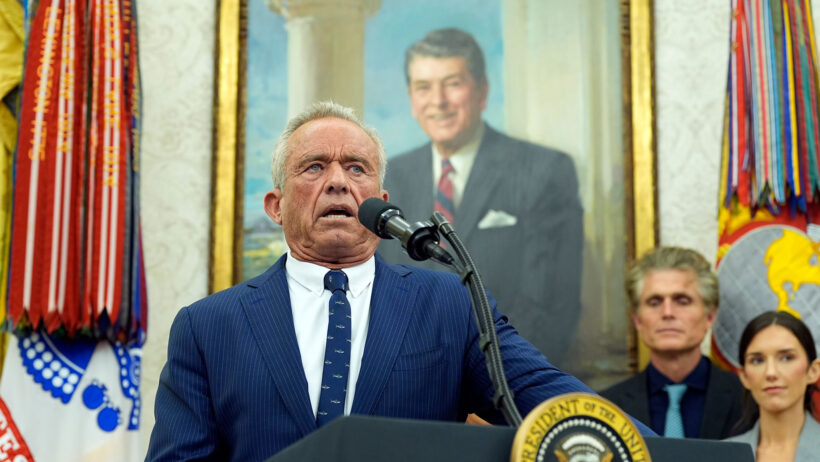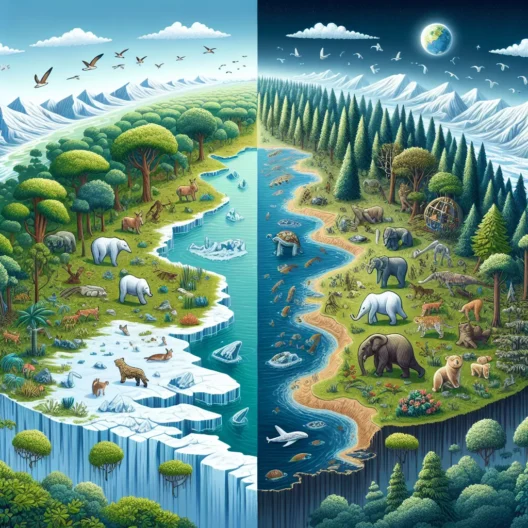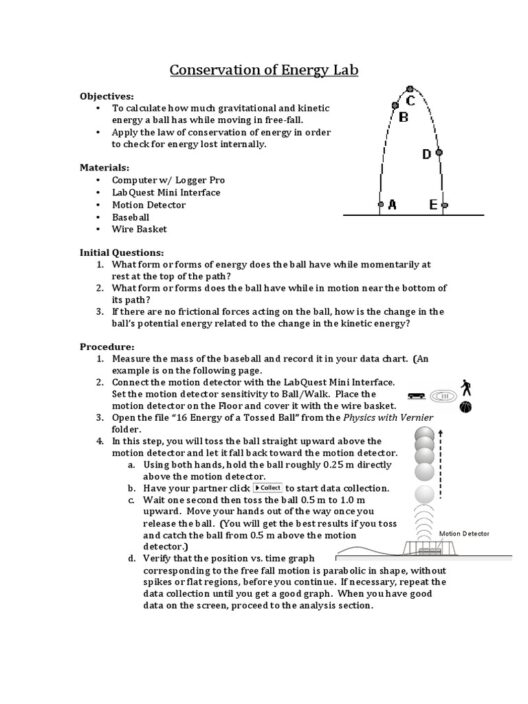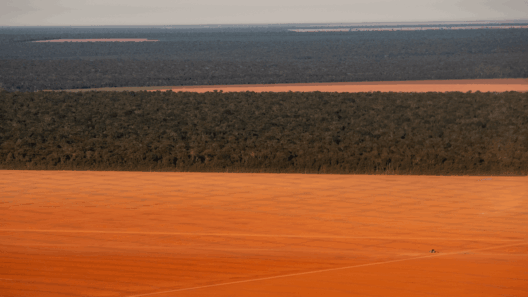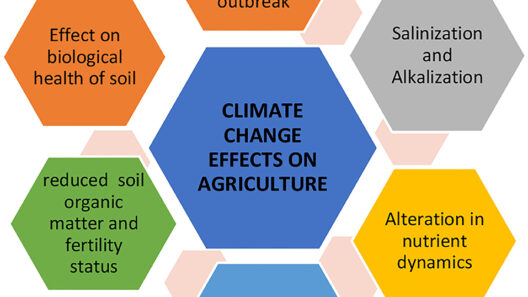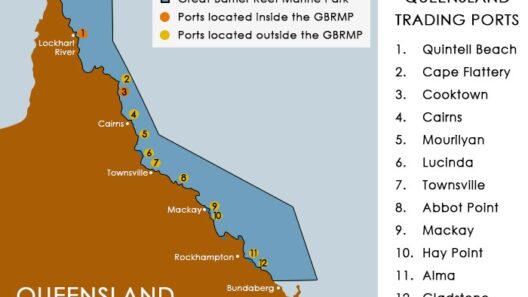When navigating the multifaceted landscape of contemporary environmental discourse, the question of Robert F. Kennedy Jr.’s stance on climate change emerges as particularly salient. As a figure steeped in a legacy of environmental advocacy, his opinions warrant scrutiny. The juxtaposition of his past environmentalism and his current controversial statements has incited fervent debate among activists, supporters, and skeptics alike. It is paramount to meticulously dissect these claims and confront the realities of RFK Jr.’s beliefs regarding climate change.
Historically, Robert F. Kennedy Jr. has occupied a prominent position within the environmental movement. His tenure as an environmental attorney has seen him champion various causes aimed at mitigating pollution, preserving ecosystems, and advocating for renewable energy. However, an apparent shift in his rhetoric raises questions about the consistency of his environmental advocacy, particularly amidst growing concerns about anthropogenic climate change.
Concurrently, Kennedy has drawn significant attention for his divergent views on vaccines and public health. His alignment with the anti-vaccine movement has cast a long shadow over his environmental accomplishments, leading some to question the integrity of his other advocacies, including climate change. This dichotomy fuels a persistent fascination with his character and intentions; people want to understand how a man once celebrated for his environmental credentials now finds himself a focal point for skepticism.
RFK Jr. has made several public statements that appear to downplay the urgency of climate change. He has been quoted as saying that the climate crisis has been exaggerated and that the policies proposed to address it could be more destructive than the problem itself. Such declarations inevitably raise red flags, prompting a deeper inquiry into their implications. This perspective suggests a fundamental misunderstanding of the science behind climate change and its far-reaching ramifications.
The skepticism that RFK Jr. espouses is not merely an abstract ideological stance; it reflects a broader narrative often perpetuated by those who perceive environmental regulations as encroachments on personal liberties or economic opportunities. Kennedy’s rhetoric encapsulates a classic libertarian viewpoint, insinuating that environmental initiatives might inadvertently yield more adverse outcomes than the claimed benefits. This approach reveals an ideological chasm; it is indicative of a faction that prioritizes economic considerations over ecological imperatives.
Moreover, Kennedy’s dismissal of climate change urgency can be seen as part of a larger trend within certain political circles where environmental issues are trivialized to cater to a select audience wary of government intervention. Here lies the intersection of environmentalism and politics, complicating the narrative surrounding RFK Jr. His statements serve not only to position him within the political arena but also to cultivate a following that is skeptical of mainstream environmental thought.
In juxtaposition to his controversial statements, there are still indications that RFK Jr. acknowledges certain aspects of climate change. For instance, he occasionally addresses renewable energy as a viable solution, calling for technological innovation to address environmental concerns. This ambivalence is telling; it embodies a tension between an acknowledgment of environmental realities and a refusal to fully embrace the prevailing scientific consensus on climate change. Thus, we find ourselves at a crossroads—can a person genuinely advocate for environmental solutions while simultaneously questioning the very foundations of climate science?
Additionally, the environmental community remains deeply divided over RFK Jr.’s legitimacy as an advocate in this domain. His critics often highlight his recent actions, which include supporting causes that align with fossil fuel interests, raising suspicions about his commitment to ecological preservation. This contradiction cannot be overlooked; endorsing policies that seemingly undermine environmental progress paints a complex portrait of a man wrestling with his convictions amidst a heavily politicized landscape.
Another angle to consider is RFK Jr.’s role as a figurehead in the dialogue surrounding environmental justice. The argument could be made that his controversial statements, while ostensibly undermining climate change efforts, inadvertently shine a light on the socioeconomic dimensions of environmental policy. Genuine climate action must recognize the intersections of race, economics, and geography. Therein lies a rich territory for exploration: does Kennedy’s rhetoric betray a deeper concern about equality within environmental issues, albeit masked by his penchant for contrarian viewpoints?
The exploration of RFK Jr.’s beliefs ultimately leads to a crucial realization: environmental activism is not monolithic. It encompasses a range of philosophies, practices, and interactions with science and policy. Simply put, RFK Jr.’s position is emblematic of a broader struggle within the environmental movement, navigating the complexities of human behavior, belief, and the urgent imperatives posed by climate change.
In summary, understanding whether Robert F. Kennedy Jr. believes in climate change requires delving beyond mere surface observations. His historical affiliations with environmentalism clash with his current rhetoric, revealing a complicated tapestry of beliefs shaped by political contexts and personal convictions. While some might contend that his views are detrimental to the climate movement, others may posit that his skepticism fosters discussions necessary for a more diverse and inclusive environmental dialogue. This duality encapsulates the essence of environmental discourse today, compelling us to reconsider our approaches and the future of our planet amidst a chorus of divergent voices.



